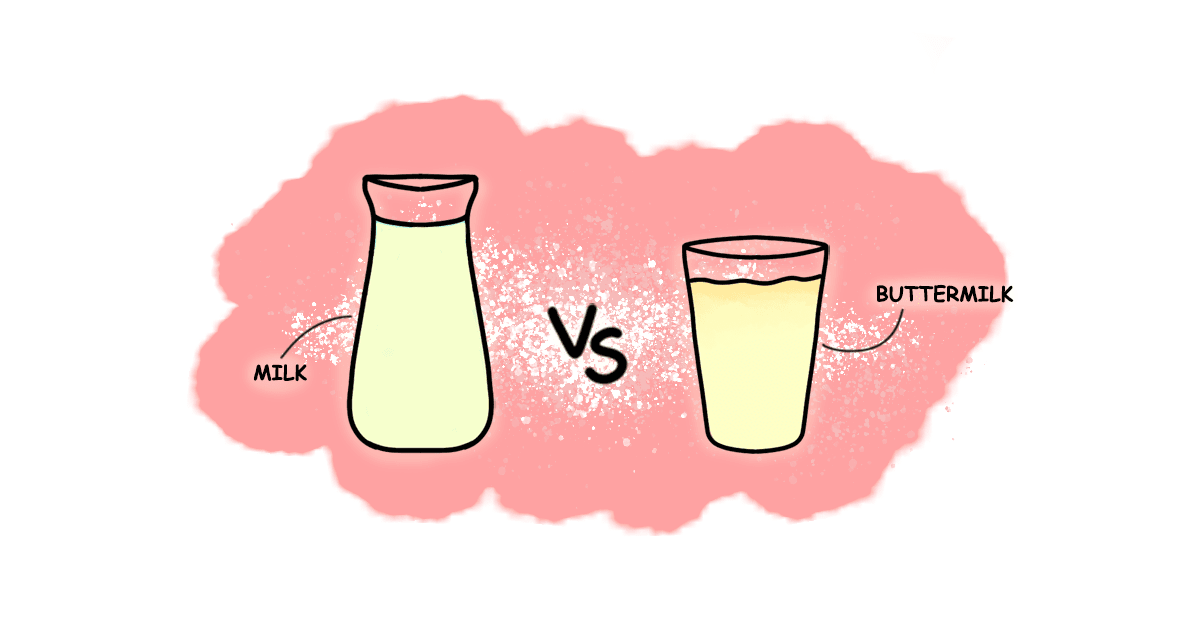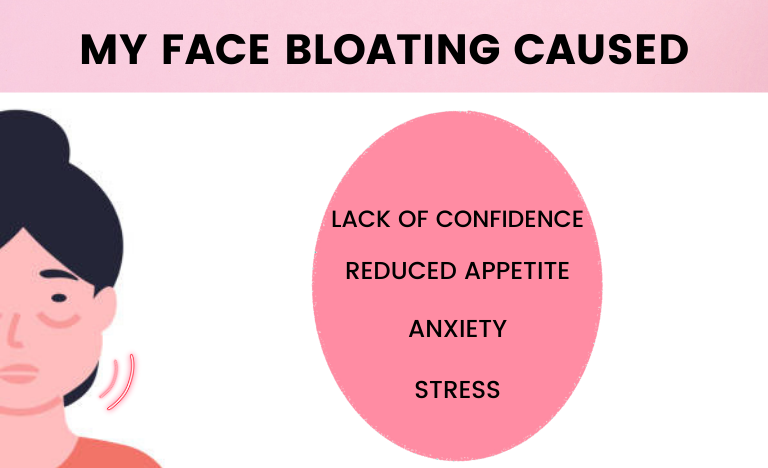Buttermilk or milk for acidity?

Take milk for acidity or don’t take milk for acidity? Everyone has their own opinion.
It seems to work for some, and make acid reflux worse for others.
If you are looking to understand exactly how milk affects stomach acid (and acid reflux), this article is for you.
Before we begin, here is a small introduction to how your stomach works.
Basics about your stomach (and stomach acid)
Your stomach operates just like an air-conditioner.
Let’s say you set the A/C at 21 degrees.
If the room is warmer than 21 degrees, then the compressor turns on and the A/C throws out cold air.
The moment the temperature in the room drops below 21 degrees, the compressor turns off.
In the same way, your stomach is set to a particular level of acidity. This is measured in pH.
When you eat or drink something, the stomach starts to release acid to bring the pH back to normal.
When you eat or drink something very alkaline, the stomach releases even more acid to bring the pH back to normal.
What happens when I drink milk?
Milk is rich in calcium, protein and fat.
All three nutrients are broken down using stomach acid.
When you drink milk, your stomach will produce a lot of acid.
This isn’t necessarily bad; more acid does not mean you will have an acid reflux.
You will only have an acid reflux if your stomach acid spills into your food pipe.
“More acid? But milk seems to reduce my acidity.”
Milk can reduce your acid reflux, not your acidity.
Milk is very alkaline because it is rich in calcium.
When milk comes in contact with acid, it neutralizes the acidity so you don’t feel the burning sensation in your throat.
Milk will make your stomach produce more acid, but can reduce the intensity of acid reflux.
“Wait. In my experience, milk always seems to increase acidity!”
We have established that milk increases stomach acid.
If you have a dysfunctional LES (the muscle at the entry of your stomach that closes to keep acid in the stomach), then the excess acid can easily spill out and cause an acid reflux.
Diet, posture and belly fat are all linked to a dysfunctional LES. You can learn more, here.
Is this the same for all dairy products?
Not quite.
Milk becomes whey + paneer when you split it. Paneer contains most of the fat, so paneer increases stomach acid, but whey doesn’t have much of an effect.
Milk becomes dahi + buttermilk when you ferment it. Fermentation converts the sugar in milk to acid, so dahi and buttermilk are both more acidic than milk.
To give you an idea, milk has a pH close to 6.5.
Buttermilk has a pH close to 4.5.
Dahi and buttermilk do not increase acidity as much as milk does.
Is this why we drink buttermilk after a meal?
Yes.
Your stomach normally operates at pH 1-3.
After we eat, it goes to pH 3-5.
Drinking milk (pH 6-7) can upset the stomach by neutralizing acid and interfering with digestion.
In fact, drinking water (ph 6-7) and alkaline water (pH 8-9) can also upset the stomach by neutralizing acid and interfering with digestion.
Because buttermilk has a lower pH so it works well with the mix in your stomach, and helps digestion.
The same goes for Solkadhi – an end of meal drink made with kokum and coconut. It is a low pH drink which is in line with stomach acidity, and assists digestion.
But milk is alkaline. Isn’t alkaline always good?
No.
Let’s say your stomach was alkaline. Here’s what would happen:
- You would not be able to digest protein properly. This would waste nearly 50-60% of the protein you eat daily.
- You would not be able to absorb Vitamin B12 or Calcium. This would lead to serious deficiency in energy, cognitive health and bone health.
- You would not be able to stop bad bacteria and yeast from entering your system. This would lead to candida infections or bacterial overgrowth – linked to both bloating and constipation.
Your stomach makes acid for a reason.
Alkaline food and water is helpful for temporary relief from acid reflux.
It is not recommended for at least 3 hours after a meal.
So, should I have milk for acidity?
If you are looking for temporary relief from acid reflux, cold milk may help.
If you have acid reflux around mealtimes, try buttermilk instead.
If you want a permanent solution for acidity, milk will do absolutely nothing.
To understand why, check out our guide to acidity.

The juice for acidity
❤️ by 300+ nutritionists






